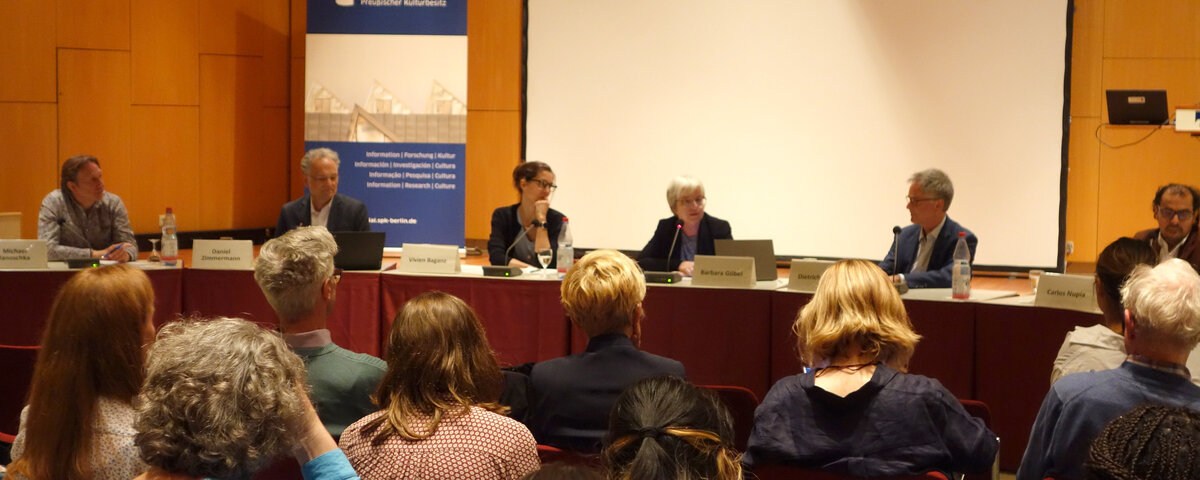The ADLAF brings together scholars from more than 16 disciplines in the social sciences, humanities and cultural studies who work on Latin America, the Caribbean and their transregional interrelationships. The ADLAF also has 30 institutional members. These include Latin America and Caribbean-related institutes and centers as well as political foundations such as the Konrad-Adenauer-Stiftung, the Friedrich-Ebert-Stiftung, the Heinrich-Böll-Stiftung, the Friedrich-Naumann-Stiftung and the Rosa-Luxemburg-Stiftung. This makes the ADLAF not only an important association for regional research, but also a central bridge organization for exchange between Germany and Latin America and the Caribbean.
Every two years, the ADLAF organizes an international multidisciplinary conference at different locations, the results of which are published. In addition, the various ADLAF working groups organize workshops and other activities. The junior research group is of particular importance. One of the central goals of the new ADLAF Chairwoman Barbara Göbel is to further expand the networking and visibility of German Latin American research at home and abroad. She would also like to intensify the dialog between the ADLAF and actors outside academia and from other areas of society.
The ADLAF is well networked internationally. It is represented in the European Latin American Studies Association CEISAL (Consejo Europeo de Investigaciones Sociales de América Latina) and works closely with the North American association (LASA - Latin American Studies Association) and Latin American networks (CLACSO - Consejo Latinoamericano de Ciencias Sociales).
The IAI was a founding member of theADLAF in 1965, took over its chairmanship for the first time in 2003 and has been continuously involved in the association's board for more than 20 years. It has hosted several ADLAF conferences in the past, most recently in 2024 on the topic of “Space matters: Latin America in Science and Politics”. The first results of an IAI study on the status and perspectives of cultural, humanities and social science research on Latin America and the Caribbean in German-speaking countries were also presented at the conference.
